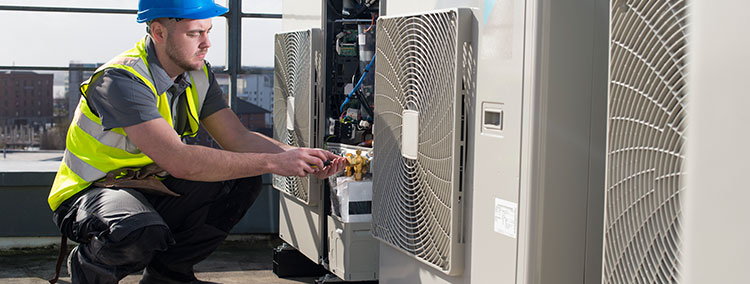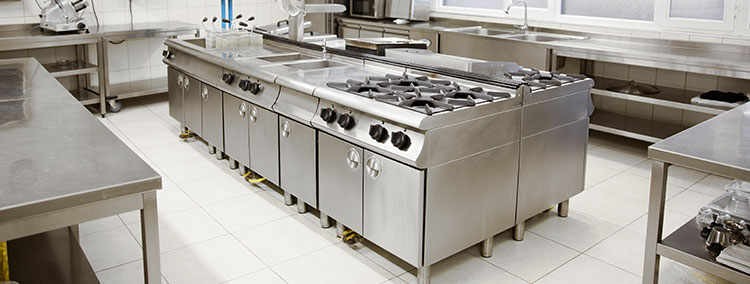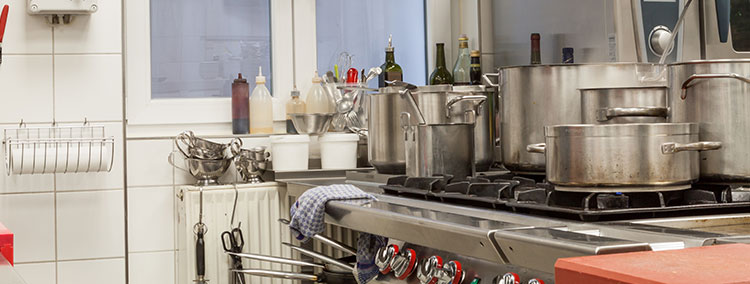Dishwashers are a kitchen necessity, and they come in handy to help you save time and energy during dishwashing. They can, however, be dangerous if not used properly, just like any other device in your home.
Thousands of dishwasher-related incidents occur each year. These mishaps include everything from cuts and burns to flames and electrocutions.
Even though these are minor mishaps, they can be unpleasant and costly.
That is why taking basic safety precautions when using a dishwasher is critical. To help you out, here are dishwashing safety precautions given by dishwasher repair professionals that every homeowner should be aware of:
Follow the manufacturer’s guidelines.
Most current dishwashers come with plenty of features and options that make them more effective and efficient than ever before. While this is the case, it is critical to read the manufacturer’s instructions before using a dishwasher. This will assist you in understanding how to use the dishwasher properly and avoid potential problems.
You also should ensure that you only use the appliance for its intended purpose, as indicated in the owner’s manual. Following the easy instructions given by the manufacturer will help ensure your dishwasher runs smoothly for many years.
Use the right detergent.
As much as detergents save time, they require maintenance to keep them in good working order. Use dishwasher-safe detergents or wetting agents to ensure that your appliance is in top working condition.
You should note that detergents can be hazardous if consumed, so keep them out of reach of children and pets.
Keep flammable products away from the dishwasher.
You can prevent fires in your kitchen by keeping flammable items away from the dishwasher. This calls for you to keep propane tanks, gasoline cans, and easily ignited wood materials away from your appliance.
You also should keep all electrical cords at a suitable distance to limit the risk of heat exposure.
When washing the dishes, always ensure that you are washing dishwasher-safe dishes. Dishwasher-safe dishes include hard plastic, stainless steel, glass, and ceramic; however, there may be exceptions, such as hollow-handled knives or wooden cutting boards, which may melt under the extreme temperatures and moisture present in a dishwasher, necessitating hand washing instead.
As much as they appear tough, Acrylic plates may break when subjected to high temperatures in a dishwasher, leaving hairline cracks evident even after being washed on an automatic cycle; this causes the dish to appear worn even after being properly cleansed.
To keep it in top condition, avoid placing it in the dishwasher.
Don’t overfill the dishwasher.
When you overfill the dishwasher, water tends to pour onto the floor. Not only is this a tripping hazard, but it also prevents your dishes from becoming as clean as they should.
This is due to the fact that dishwashers require a particular volume of water to function properly. The water has nowhere else to go but out when they are overfilled.
The dishwasher’s pump may also be unable to circulate the water, resulting in inadequate cleaning effectiveness.
So, the next time you’re tempted to throw another dish into the washing machine, remember that less is sometimes more.
Load your dishwasher with just enough dishes and always keep it manageable. Your dishes will appreciate it.
Be cautious when operating the dishwasher.
You should be aware of the potential hazards of the heating element when using a dishwasher. The element can be extremely hot and cause severe burns if you touch it.
As a result, it is advisable to avoid touching the element at all. If you must contact it, be cautious and protect your hands with thick gloves or a towel.
When loading the dishwasher, ensure that the surface you are standing on is dry and you won’t slip and fall.
When using the dishwasher, you should note that the water inside can become quite hot. To avoid steam burns, use caution when opening the door.
To avoid steam burns, cautiously open the dishwasher door and stand back while it runs. Use a dish towel to protect your hand from the steam if possible.
If you suffer steam burns, run cold water over the afflicted area for several minutes and apply a soothing lotion.
Keep pets and children away from the dishwasher.
Children and pets are highly curious. They enjoy exploring their environment and learning how things function. Unfortunately, this curiosity can also result in mishaps.
The dishwasher is one device that can cause problems. Children and pets close to the device while it is in use, are at risk of getting burned by the hot water and detergent.
You should keep kids away from the dishwasher to avoid mishaps. If possible, put a barrier between them and the appliance, such as a gate or locked door.
Before allowing children near the dishwasher, ensure it is turned off and the detergent dispenser is empty.
Treat the dishwasher with care.
It is critical to realize that dishwashers are not indestructible. You should handle them with care to perform properly.
Sitting or standing on the dishwasher door is one of the most common ways people damage their dishwashers. This can break or bend the hinges, making it difficult to open and close the door.
The dishwasher also won’t run properly.
Sitting or standing on the appliance exerts strain on the rack, which might cause it to break or bend. Doing so might also make the water and detergent easier to reach all the dishes, resulting in a less-than-satisfactory cleaning job.
As a result, it is critical to treat your dishwasher with caution to avoid damage and ensure that it continues to perform effectively.
Don’t try to fix the unit by yourself.
Many people feel that repairing or maintaining their dishwashers will save them money. This, however, is not the case.
Dishwashers are complicated machines, and attempting to repair them can sometimes cause more harm than good.
Most manufacturers cancel the warranty if a competent technician does not repair the dishwasher. As a result, if you are experiencing problems with your dishwasher, it is always better to contact a certified appliance repair Springfield specialist.
This not only ensures that your dishwasher is repaired properly, but it also protects your investment.



